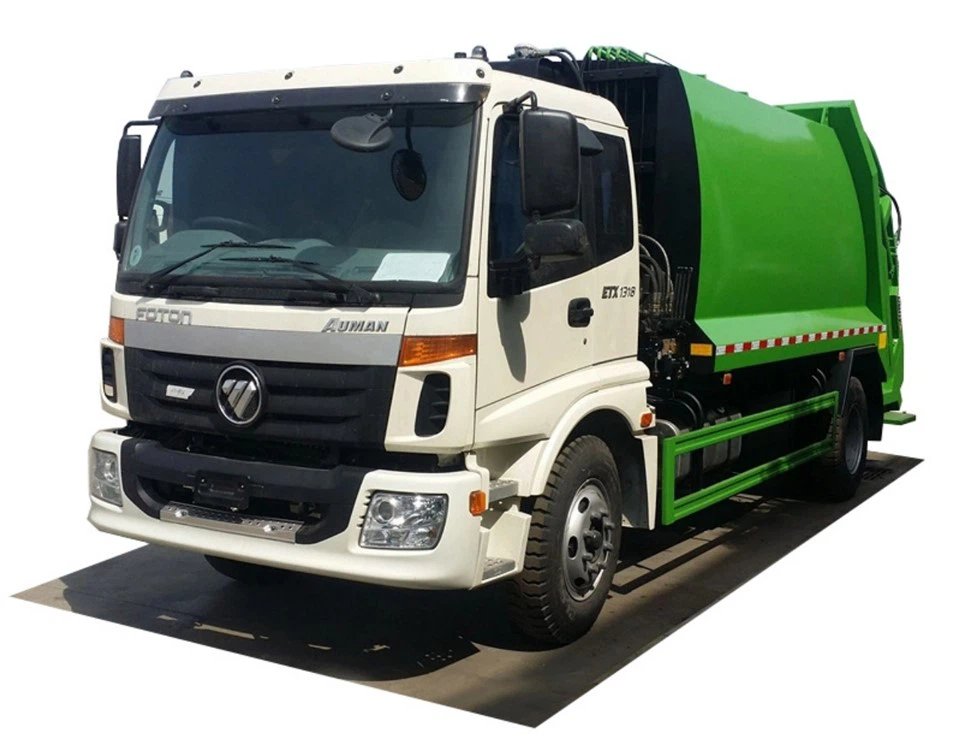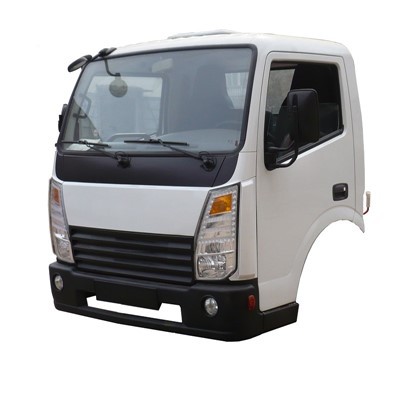What Does Crew Cab Mean? Understanding the Basics and Beyond

When searching for a new vehicle, you might come across various terms that describe different cab configurations. One of the most common is “crew cab.” But what does crew cab mean, and what makes it different from other cab styles? In this article, we’ll dive deep into the meaning of crew cab, its characteristics, benefits, potential drawbacks, and much more.
Table of Contents
- What is a Crew Cab?
- Key Features of Crew Cabs
- Crew Cab vs. Other Cab Types
- Benefits of Choosing a Crew Cab
- Drawbacks of Crew Cabs
- Popular Crew Cab Models
- Who Should Consider a Crew Cab?
What is a Crew Cab?
A crew cab is a type of truck cab that features four full-size doors and ample space for passengers, typically seating up to five or six people comfortably. The term “crew cab” was originally used to describe a vehicle designed to carry a group of workers or a “crew” along with equipment, making it popular for commercial use, recreational activities, and family transportation.
Key Features of Crew Cabs
Crew cabs come with several key features that set them apart from other types of cabs:
1. Spacious Interior
Crew cabs offer a larger cabin space than regular or extended cabs. This space is designed for comfort, allowing rear passengers to sit without feeling cramped.
2. Full-Size Doors
Unlike some smaller cab types that may have rear-hinged doors or smaller access points, crew cabs come with four full-size doors for easy access to both the front and rear seats.
3. Versatile Seating Arrangements
While they typically seat five to six passengers, many crew cabs offer options for foldable rear seats, enhancing cargo flexibility.
4. Ample Cargo Space
While providing significant cabin space, crew cabs often still maintain a decent cargo bed length, suitable for various needs including hauling supplies and recreational items.
Crew Cab vs. Other Cab Types
To understand crew cabs thoroughly, it’s essential to compare them with other cab configurations.
1. Crew Cab vs. Regular Cab
| Feature | Crew Cab | Regular Cab |
|---|---|---|
| Number of Doors | 4 | 2 |
| Passenger Capacity | 5-6 | 2-3 |
| Cargo Area Length | Longer |
2. Crew Cab vs. Extended Cab
| Feature | Crew Cab | Extended Cab |
|---|---|---|
| Rear Seat Space | More spacious | Less spacious |
| Rear Door Size | Full-size | Smaller/Rear-hinged |
| Passenger Comfort | Higher | Moderate |
Benefits of Choosing a Crew Cab
The crew cab configuration caters to various needs, bringing several notable benefits:
1. Family-Friendly

Crew cabs are ideal for families needing additional seating without sacrificing comfort. The spacious interior makes it easier for kids to get in and out of the back seat.

2. Enhanced Utility
The combination of passenger capacity and cargo space makes crew cabs suitable for both work and recreational activities. Whether transporting tools or going on a family camping trip, crew cabs have you covered.
3. Comfort and Features
Modern crew cabs often come with advanced safety features, in-car technology, and comfortable seating, enhancing the overall driving experience.
Drawbacks of Crew Cabs
While there are many advantages to owning a crew cab, it also has some drawbacks:
1. Fuel Efficiency
Due to their larger size, crew cabs may consume more fuel than regular or extended cabs, particularly if you’re using the truck for daily commuting.
2. Price Point
Crew cabs are usually more expensive than their regular cab counterparts, reflecting their larger size and added features.
3. Parking and Maneuverability
The increased dimensions of a crew cab may make parking and maneuvering in tight spaces a challenge, particularly in urban environments.
Popular Crew Cab Models
Several noteworthy models come with the crew cab configuration, appealing to a range of needs and preferences:
1. Ford F-150
The Ford F-150 crew cab is among the most popular in its category, offering an impressive combination of power, efficiency, and technology.

2. Chevrolet Silverado
The Chevrolet Silverado crew cab provides a comfortable interior and robust towing capabilities, making it a top choice for work and play.
3. Ram 1500
Renowned for its smooth ride and high-quality interior, the Ram 1500 crew cab is perfect for those seeking a combination of luxury and utility.
4. Toyota Tundra
The Toyota Tundra crew cab stands out for its reliability, off-road capabilities, and spacious cabin that accommodates more passengers.
Who Should Consider a Crew Cab?
Crew cabs cater to various demographics and needs:
1. Families
Families frequently need extra space for kids, pets, and gear, making crew cabs a practical choice.
2. Tradespeople
Electricians, plumbers, and other tradespeople who need to transport a small team can benefit greatly from the extra space and utility offered by crew cabs.
3. Outdoor Enthusiasts
For camping trips or outdoor sports, the crew cab provides ample seating for friends and storage space for gear.
Frequently Asked Questions
1. What distinguishes a crew cab from a double cab?
A crew cab and a double cab often refer to the same configuration, featuring four full-size doors and ample passenger space. However, some manufacturers use the term “double cab” to refer to slightly smaller configurations with less interior space.
2. Can I use a crew cab for towing?
Yes, many crew cab models are designed with towing capabilities, making them suitable for hauling trailers, boats, or other vehicles. It’s essential to check your specific model’s towing capacity.
3. Are crew cabs worth the extra cost?
If you value passenger comfort, versatility, and space, crew cabs can be worth the investment. Their larger size and increased features often justify the higher price for individuals and families.
4. How do I maintain a crew cab?
Regular maintenance for a crew cab includes oil changes, tire rotations, brake inspections, and cleaning the interior and exterior to preserve its appearance and functionality.
5. What is the typical fuel economy for crew cabs?
Fuel economy for crew cabs can vary significantly based on the make, model, and engine type, but they generally average between 15-22 miles per gallon (MPG) in city driving and 20-30 MPG on the highway.
6. Can crew cabs off-road?
Many crew cabs are suitable for off-road conditions, particularly those designed for rugged terrains. It’s essential to choose a model specifically equipped with off-road capabilities if this is a priority for you.
